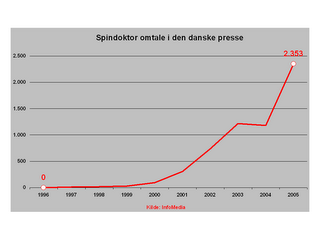It seems to be a common perception that feminism is all about women liberating women. Sure, I understand why many would see things from this perspective - especially given the name of the 'ism' and the frequent talk about breaking down the patriarchal structures of society (which the author of this blog also contribute to).
But there is a more contemporary way of understanding feminism; feminism is about closing the gender gap and hereby liberating both men and women. Feminism is also about men's rights and giving men access to the domains that traditionally have belonged to women. In that sense fathers rights, securing men the same parental rights as women, is also an important aspect of feminism.
Personally, my preferred way of understanding feminism is even broader; feminism is about liberation and equality. Not only in terms of gender but also in relation to ethnicity, social class and age. I agree very much with Swedish feminist
Tiina Rosenberg when she sees feminism as a part of a 'new left' movement in Europe:
"My vision of the Feminist Initiative was to put an end to neo-liberal politics. Here, I thought, is a need for left-wing feminists who say - no! We have insight in how gender works in society, but also in other structures such as class, ethnicity, race, homofobia, and we need to stop neo-liberalism. Just look at Paris - the suburbs are burning." (
Weekendavisen, 20-1-2006, my translation from Danish)




